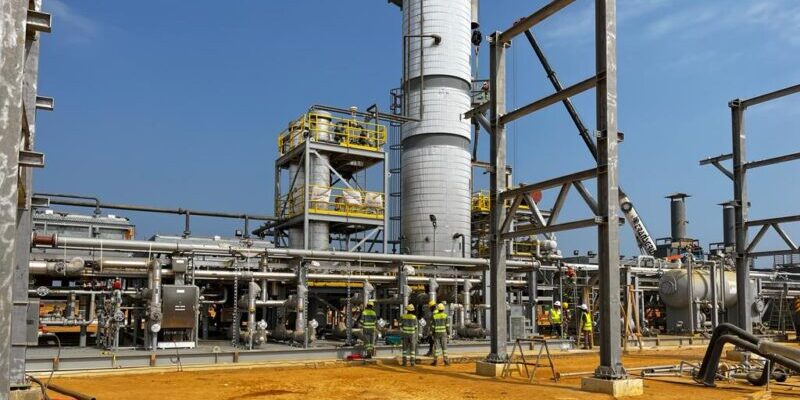The Angolan government is fast-tracking the construction of new oil refineries in Cabinda, Lobito, and Soyo as part of a broader effort to reduce the country’s reliance on imported petroleum products.
Speaking at the forum “50 Years of Oil Production and Its Impact on National Development” in Luanda, Minister of Mineral Resources, Petroleum and Gas, Diamantino Azevedo, stated that imported fuels currently account for 80% of domestic consumption.
He explained that the government’s strategy includes rehabilitating and expanding the Luanda Refinery to increase gasoline production, alongside the development of three new refineries. These initiatives aim to significantly cut fuel import volumes.
“The Cabinda Refinery is being built in three phases and will have a processing capacity of 30,000 barrels per day. The first phase is expected to be completed this year,” Azevedo said.
However, the Soyo Refinery project is facing financing challenges. “Despite delays, new decisions are needed to ensure the project’s execution,” he added.
The Lobito Refinery, designed to process up to 200,000 barrels per day, has undergone a revision to reduce costs and improve environmental standards.
“We currently have between 1,300 and 1,500 workers on-site, and others are overseas manufacturing the necessary equipment.
Construction is ongoing with exclusive funding from Sonangol, although we remain open to partnerships,” the minister noted.
Addressing fuel supply concerns in Angola’s border provinces with the Democratic Republic of Congo—specifically Cabinda and Zaire—Azevedo pointed to misuse rather than shortage as the main issue.
“It’s not a matter of fuel scarcity, but the need for stricter oversight of its distribution. Measures are being implemented to align supply with actual demand,” he said.
Regarding a potential increase in gasoline prices, Azevedo emphasized that there is no official decision yet. However, he acknowledged that fuel prices remain heavily subsidized by the state.
“Sonangol sells fuel far below market value, resulting in substantial costs to the government. A gradual removal of subsidies is inevitable,” he concluded.
![]()




